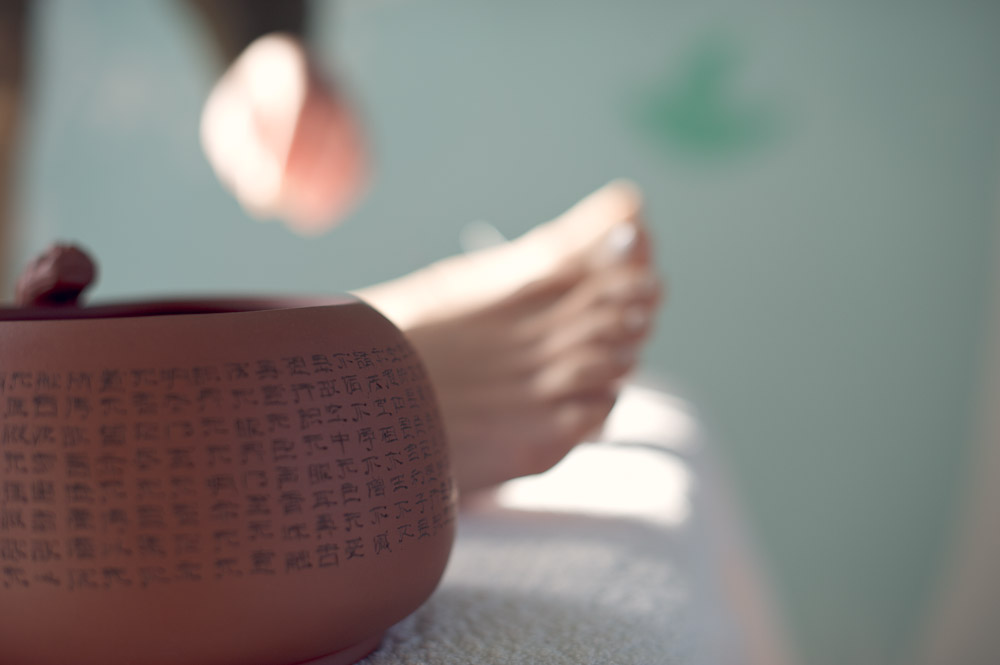Often asked “how does acupuncture work for stress?” the how question is an ongoing one that is explicable with traditional Chinese medicine concepts and is an ongoing subject of modern scientific research. As far as acupuncture for stress goes, I see many clients specifically for stress and stress related symptoms. In fact, most of my clients, regardless of what they come to me for, report a general feeling of relaxation, mood elevation and stress relief after each session. This has a cumulative effect and with more treatments, the effects become long-term provided that appropriate life-style habits are developed as well as removal of stress factors or a change in reaction to these stressors and how they are managed.
It is difficult to explain exactly the mechanism of how acupuncture works. From the traditional paradigm, it is to do with recognising symptomatic manifestations of internal imbalances of qi and blood (i.e deficiency, excess, stagnation, heat, cold and so on). From this a pattern of disharmony is recognised and a treatment strategy is developed based on the traditional meridian theory that influences the internal organs to help nourish, promote functioning and restore balance. From a scientific perspective, the micro lesions created by the insertion of acupuncture needles has wide-reaching physiological effects on all systems of the body both locally at the needling site and centrally, in the brain. Nervous, endocrine, neurological, hormonal, musculoskeletal systems are all stimulated and to different degrees, depending on the location and stimulation of the acupuncture point used.
Acupuncture for pain works in the same way as above with the addition of local-specific points to alleviate pain, relieve muscle spasm, chronic tension, connective tissue adhesions and breakdown scar tissue in both the problem area as well as wider inter-connected muscle groups that relate to this area. There is considerable overlap between the ‘traditional’ explanations and modern scientific discoveries.
More detail of the physiological processes involved in stress, environmental and internal stress factors and management will be explained in a future post.
